Find Help
More Items From Ergsy search
-
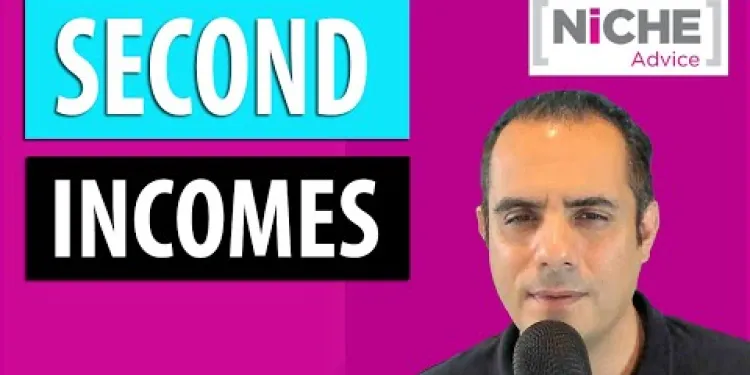
Using 100% of your Second Income for a Mortgage Application
Relevance: 100%
-

Mortgage Turned Down In The UK - Why mortgage applications are declined
Relevance: 60%
-
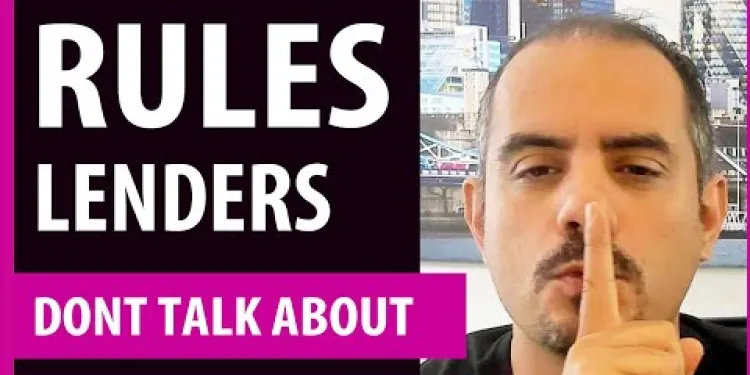
UK Mortgage Rules Lenders Don't Talk About - Debt To Income Ratio
Relevance: 52%
-
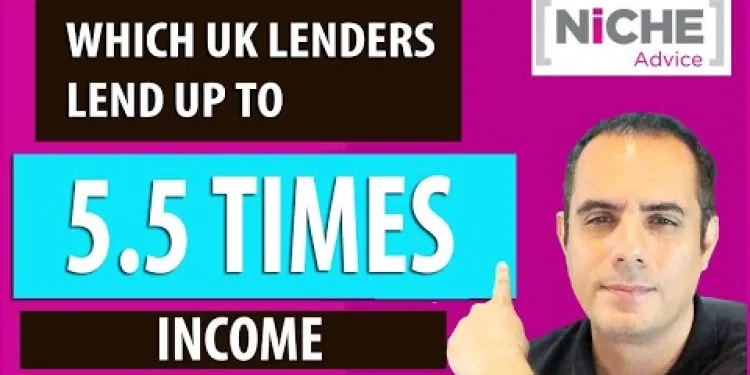
Highest Income Multiple Mortgage Lenders Revealed - Good and Bad Points
Relevance: 50%
-

How much can I borrow for a mortgage UK - getting the Maximum Mortgage
Relevance: 42%
-

Can I get a Buy to Let Mortgage With My 18 Year Old Son
Relevance: 42%
-
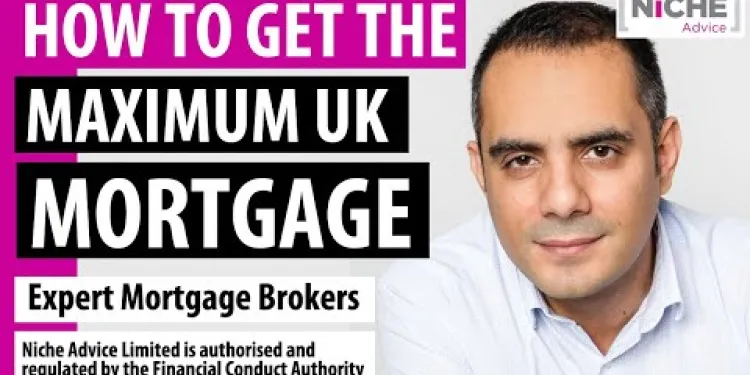
Getting the maximum mortgage in the UK
Relevance: 41%
-
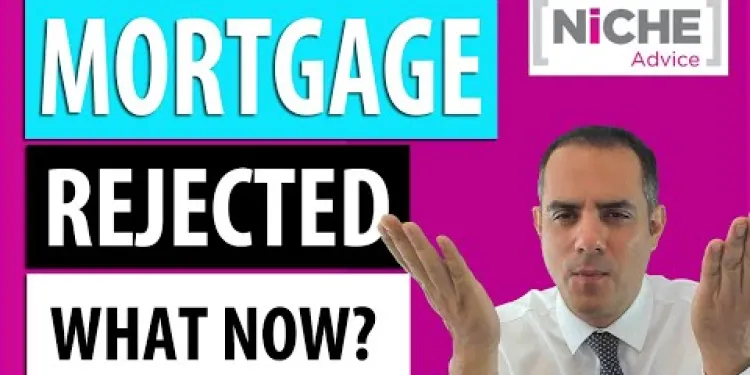
Turned down for a mortgage? Find out why and what to do
Relevance: 41%
-
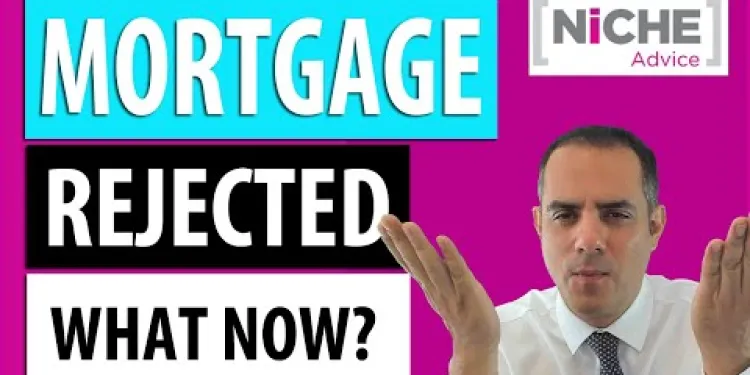
Turned down for a mortgage? Find out why and what to do
Relevance: 40%
-

Uk Buy to Let for Older Clients - Mortgage Options Tips and Criteria
Relevance: 38%
-

The Ultimate Buy-To-Let Mortgage Breakdown
Relevance: 38%
-
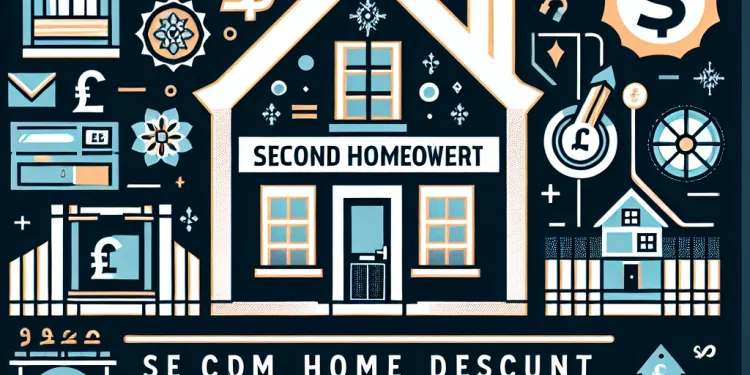
Can second homeowners apply for the Warm Home Discount?
Relevance: 36%
-

What is an 'interest only' mortgage?
Relevance: 35%
-

HMO Mortgage Truths - how to get the best Finance option including Bridging Loan Criteria
Relevance: 34%
-

5 Broker Exclusive Buy to Let Mortgage Lenders you need to know about as a Landlord
Relevance: 34%
-

Mortgage on Inherited Property - How we can help you with the finance
Relevance: 34%
-

First Time Buyer Buy to Let Finance Options. Lending Criteria on Mortgage and Bridging Finance
Relevance: 33%
-

First Time Buyer Buy to Let Finance Options. Lending Criteria on Mortgage and Bridging Finance
Relevance: 33%
-
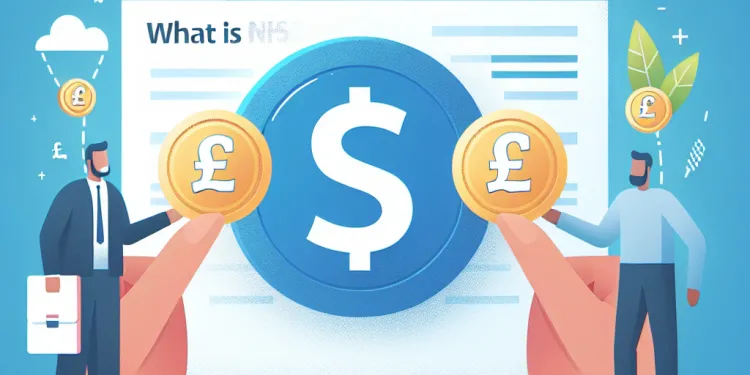
What is NHS Low Income Scheme?
Relevance: 32%
-

What is the NHS Low Income Scheme?
Relevance: 32%
-
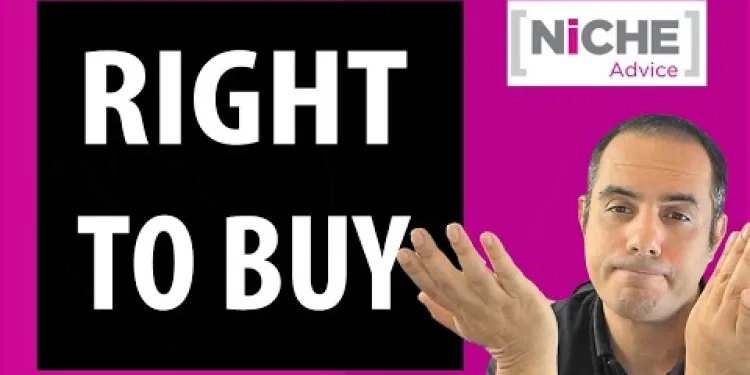
RIGHT TO BUY MORTGAGE - LET ME SAVE YOU TIME AND MONEY
Relevance: 32%
-
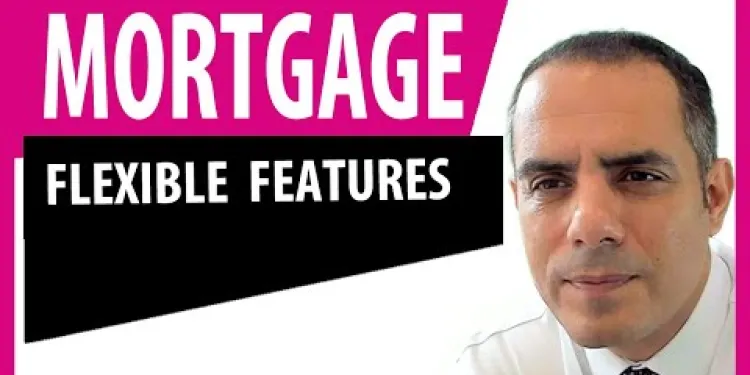
Mortgage Overpayment and Flexible Features Explained
Relevance: 32%
-

Who is eligible for the NHS Low Income Scheme?
Relevance: 31%
-
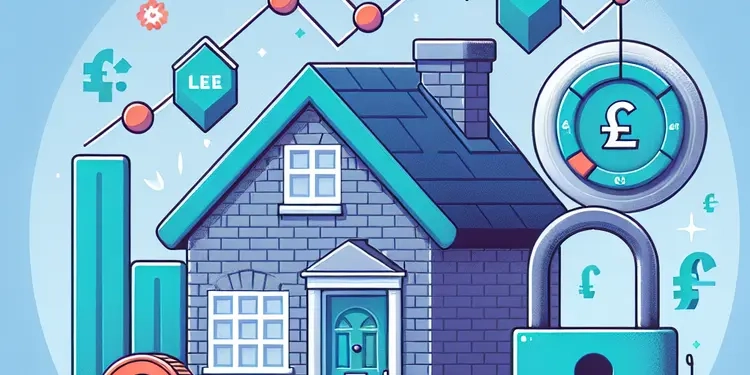
What does it mean to "Fix My Mortgage Rate"?
Relevance: 31%
-
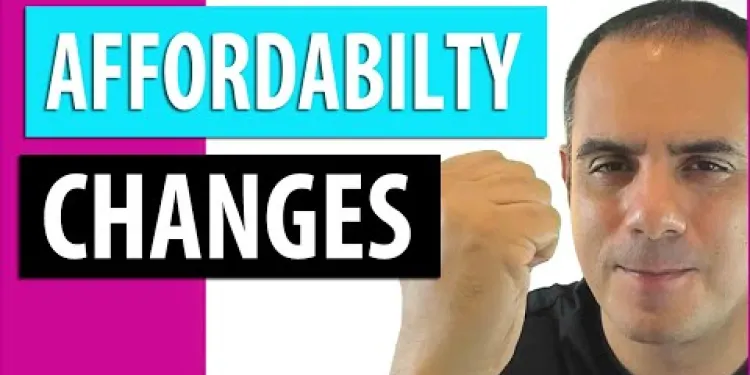
Mortgage Regulator removes the need for further affordability stress tests
Relevance: 31%
-
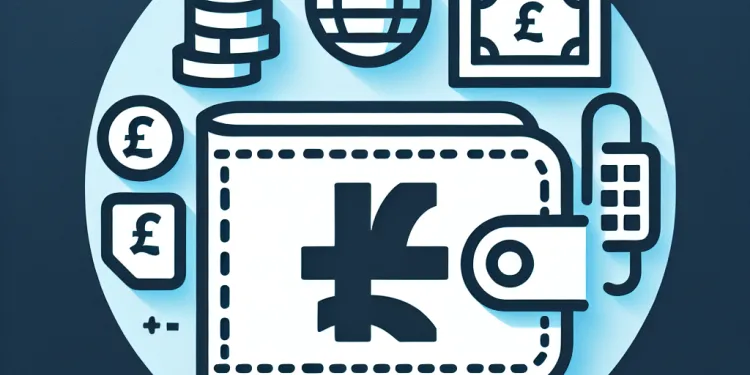
How do I apply for the NHS Low Income Scheme?
Relevance: 31%
-
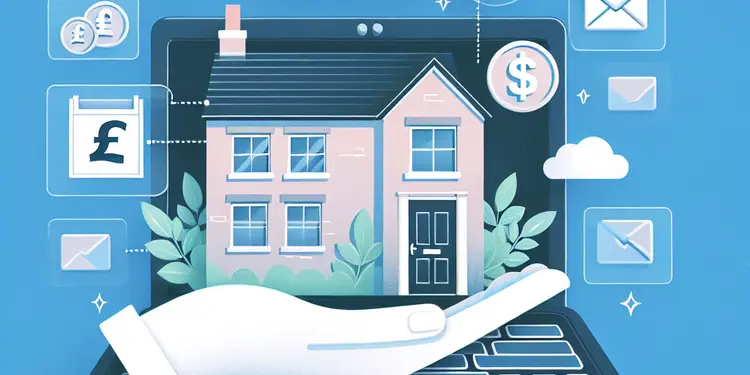
Is there assistance available for rent or mortgage payments?
Relevance: 31%
-

Will my fixed-rate mortgage payments change with interest rate fluctuations?
Relevance: 31%
-

Who is eligible for the NHS Low Income Scheme?
Relevance: 31%
-

What is the NHS Low Income Scheme?
Relevance: 30%
-

How do interest rate changes affect my mortgage payments?
Relevance: 30%
-

How to Buy property with your children under the age of 18 and get Buy to Let Mortgage.
Relevance: 30%
-

What if I'm self-employed and my income varies?
Relevance: 30%
-
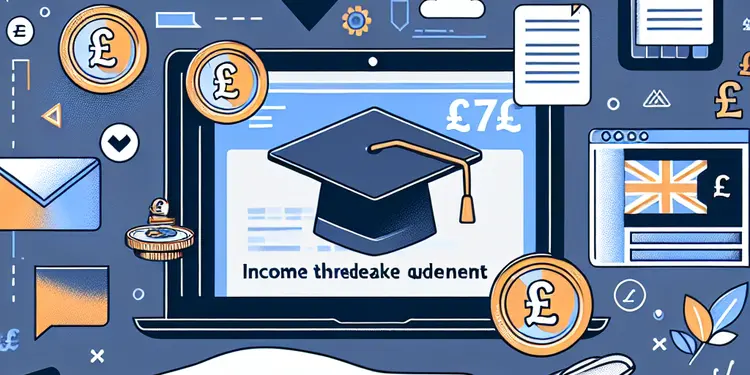
Is there an income threshold for students to qualify for the payment?
Relevance: 29%
-

What should I do if I miss my second COVID jab appointment?
Relevance: 29%
-

What happens if my application is denied?
Relevance: 29%
-
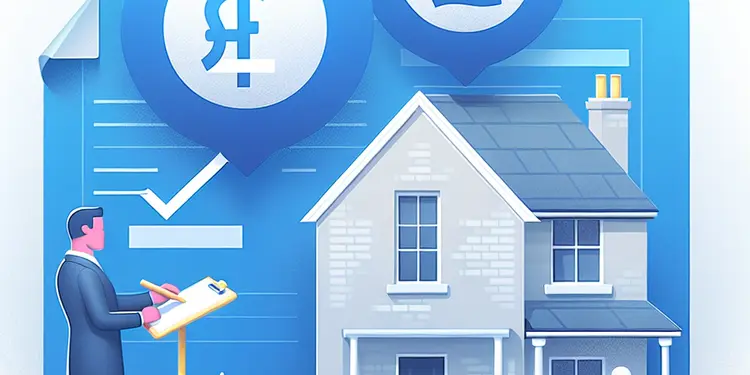
Can I use the surveyor recommended by my mortgage provider?
Relevance: 29%
-
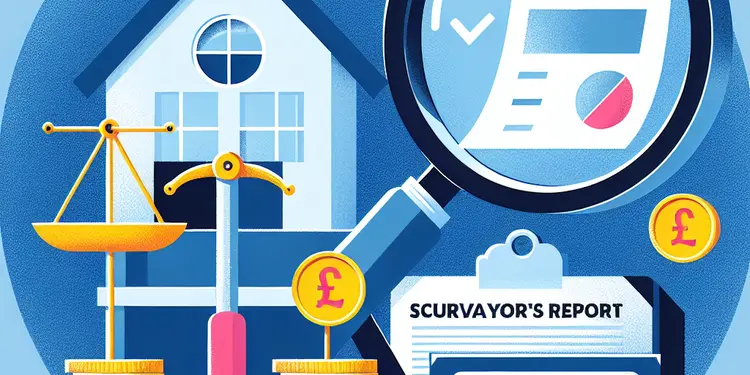
Is a mortgage valuation the same as a surveyor's report?
Relevance: 29%
-
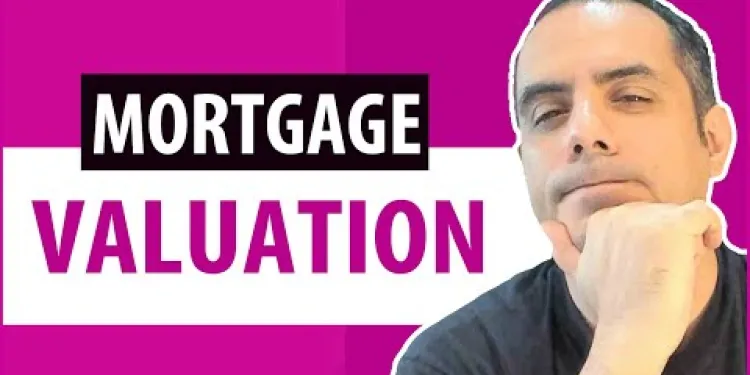
Can Mortgage lenders work from my own Survey Valuation Report?
Relevance: 28%
-
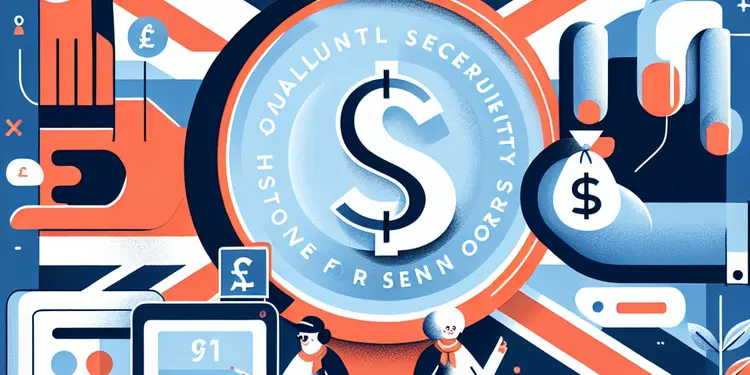
How do seniors qualify for Supplemental Security Income (SSI)?
Relevance: 28%
Using 100% of Your Second Income for a Mortgage Application
In today's fast-paced property market, securing a mortgage is a significant step for many prospective homeowners in the United Kingdom. The use of a second income can play a crucial role in this process. Understanding how to effectively utilize 100% of a second income to support your mortgage application can enhance your borrowing potential and improve your chances of approval.
Understanding Second Income
A second income refers to any additional earnings beyond your primary salary. This could include profits from a part-time job, freelance work, dividends from investments, or rental income from a property. In some cases, the revenue generated from a small business can also be considered a second income. In the context of a mortgage application, lenders often scrutinize these earnings to assess their stability and consistency, as this affects the amount they are willing to lend.
The Importance of Lender Requirements
Before applying for a mortgage using your second income, it's crucial to understand the particular requirements of different lenders. In the UK, many lenders will only consider a percentage of your second income, often ranging from 50% to 75%. However, certain lenders might consider 100% of your secondary earnings if you can provide evidence of steady, secure income over a specified period, typically two to three years. Ensuring your second income is well-documented and consistent is key to maximizing its impact on your mortgage application.
Strategies to Maximize Second Income Usage
To enhance the likelihood of your second income being fully considered, there are several strategies to employ. First, regularly document all sources of additional income and maintain organized financial records, including tax returns and bank statements. Secondly, aim to mitigate any fluctuations in secondary income, possibly by increasing long-term contracts or guaranteeing consistent rental yields. Building a strong credit profile through prudent financial management will also demonstrate your reliability to lenders.
Benefits of Using 100% of Your Second Income
Utilizing your second income can significantly affect the size of the mortgage you are eligible for. A full accounting of this income can increase your borrowing capacity, allowing you access to better property markets or securing more favorable mortgage terms. This strategy can also facilitate quicker home ownership, enabling early investments in the housing market. Understanding and leveraging this potential could be a decisive factor in successfully navigating the competitive mortgage landscape in the UK.
Using All of Your Extra Income for a Mortgage
Buying a house is a big deal in the United Kingdom. It means getting a mortgage, which is a special kind of loan. Using extra income can help when you apply for a mortgage. If you know how to use all of your extra money, it can help you borrow more and get your loan approved.
What is Extra Income?
Extra income is money you earn besides your main job. It could come from a part-time job, freelance work, money from investments, or rent from a property you own. Sometimes, if you have a small business, that's extra income too. When you apply for a mortgage, the bank looks at this money to see if it's stable and regular. This helps them decide how much money to lend you.
Why Bank Rules Are Important
Before you use your extra income to get a mortgage, you need to know what different banks require. In the UK, many banks only count part of your extra money, like 50% or 75%. But some banks might count all of it if you can show that it's steady and has been coming in for 2 to 3 years. It's important to keep records of your extra income so it helps your mortgage application.
How to Make the Most of Your Extra Income
To make sure your extra income is fully counted, you can try a few things. First, keep all your earning records neat and up-to-date, like tax returns and bank statements. Try to keep your extra income steady by getting long-term work or regular rental payments. Also, having a good credit score by managing your money well can help banks trust you more.
Why Using All of Your Extra Income Helps
Using your extra income can help you get a bigger mortgage. This means you might be able to buy a better house or get a loan with better terms. It can help you buy your home sooner and start investing in the housing market. Knowing how to use your extra income can be very helpful when trying to get a mortgage in the UK.
Frequently Asked Questions
What does it mean to use 100% of my second income for a mortgage application?
Using 100% of your second income means considering the total income from your secondary job or income source in your mortgage application, which can help increase the amount you may be eligible to borrow.
Can both my primary and secondary incomes be considered when applying for a mortgage?
Yes, lenders in the UK often allow you to include both primary and secondary sources of income when applying for a mortgage, provided there is adequate proof of income and job stability.
What types of secondary income can be considered for a mortgage application?
Secondary income types that a lender might consider include rental income, part-time job income, freelance work, bonuses, overtime, and dividends.
Are there specific lenders in the UK that allow for 100% of second income in a mortgage application?
Many high street and specialist lenders in the UK may consider 100% of your second income, but this can vary. It's important to research or consult with a mortgage broker to find a lender that best meets your needs.
What documentation is needed to prove my second income?
Typically, you will need to provide recent payslips, tax returns, bank statements, or a letter from your employer, depending on the type of secondary income you earn.
How does using my second income affect my affordability assessment?
Including your second income in your mortgage application can improve your affordability and increase the amount you might be able to borrow, as it raises your total income considered by lenders.
Will lenders consider irregular secondary income when evaluating my mortgage application?
Lenders prefer consistent and reliable income. Irregular income may be accepted, but typically at a lower percentage or with additional scrutiny. Consistent proof of income can increase the chances of acceptance.
How might using 100% of my second income impact my interest rates?
Interest rates are generally based on your overall creditworthiness and not solely on the inclusion of secondary income. However, higher income can sometimes improve your eligibility for better interest rates.
Can commission-based income be used as my second income in a mortgage application?
Yes, commission-based income can be used, but lenders may require a track record of consistent earnings over a certain period, such as the last 1-3 years.
Are there any risks in relying on my second income for a mortgage application?
Relying on second income can be risky if that income is not stable or guaranteed. If this income source becomes unavailable, it may affect your ability to meet mortgage repayments.
Is it possible to change lenders if my current offer does not consider 100% of my second income?
Yes, you can switch to another lender if your current offer isn't favorable. A mortgage broker can help you find a lender that considers 100% of your second income.
How do self-employment income and second income affect my mortgage application differently?
Self-employment income typically requires additional documentation over a longer timeframe. Both types of income need to be stable and well-documented, but policies to include them can differ between lenders.
Will using my second income increase my mortgage deposit requirement?
No, the decision to use your second income typically does not impact the deposit requirement directly, which is usually a percentage of the property's purchase price.
How can I ensure my secondary income is accepted by the lender?
Ensure that your second income is legally earned and well-documented with payslips, contracts, tax returns, and bank statements. Having a good credit score and employment history also helps.
What role does a mortgage broker play in using 100% of my second income?
A mortgage broker can assess your financial situation and guide you to the right lenders who are more likely to accept 100% of your second income, helping you secure a suitable mortgage offer.
What does it mean to use all of my second income for a home loan?
Here is what it means when you use all of your second income for a home loan:
1. **Second Income:** This is extra money you earn, like from a second job.
2. **100% for Home Loan:** You will use all of this extra money to help pay for a house loan.
Helpful Tip: Consider using a calculator to see how much house you can afford with your second income.
Using all of your extra money from a second job means thinking about how much money you make from that job when you apply for a home loan. This can help you get a bigger loan.
Can I use both my main and extra money when asking for a loan to buy a house?
When you want to buy a house, you might need a loan from a bank. This is called a mortgage. The bank wants to know how much money you make.
Your main money is the money you earn from your main job. Your extra money is the money you earn from other jobs or sources.
It's helpful to show the bank both your main and extra money. This can help you get the loan.
Here are some tips to make it easier:
- Make a list of all the ways you earn money.
- Collect documents like pay slips or statements that show your earnings.
- Use a calculator to add up your money.
- Ask someone for help if you find it hard.
Yes, in the UK, banks often let you use your main job and other ways you make money when you ask for a loan to buy a house. You need to show proof that you get this money and that your job is stable.
What other money can you use when asking for a mortgage?
When you ask the bank for a home loan (mortgage), they want to know about all the money you get. This helps them see if you can pay them back.
Apart from your job pay, there are other money types they may count:
- Pension: Money you get after you stop working because you are older.
- Benefits: Money you get from the government to help you.
- Child Support: Money you get to help take care of your children.
- Bonuses: Extra money from your job for good work.
If you need help reading, you can use a helper tool like a reading app. These apps can read the text out loud for you.
When you ask a bank for money, they look at the money you get from other places too. This money can come from:
- Renting out a house or room
- Working a small job
- Doing jobs for different people
- Extra money from your main job
- Working more hours at your job
- Money from shares in a company
Here are some tips to help you:
- Use pictures or drawings to help understand words.
- Ask someone to read it with you and explain.
- Use a highlighter to mark important words.
Can you use all of a second income when applying for a mortgage in the UK?
When you apply for a mortgage in the UK, sometimes you want to use a second income to help. This could be money from a partner or another job. Some banks are okay with you using all of this extra money to get a mortgage. But not all banks do this. You can ask a mortgage advisor to help you find the right bank. They know which banks might say yes. A mortgage advisor can make things easier and help you understand better.
Lots of banks and lenders in the UK might count all of your second income. But they don't all do this. It's a good idea to look around or talk to a mortgage expert to find the right lender for you.
What papers do I need to show my second job money?
To show money from your second job, you might need:
- Payslips: These are papers you get when you are paid. They show how much money you earned.
- Bank statements: These are papers from your bank that show money going in and out. They can show your pay going into your account.
- Tax returns: These are forms that show how much money you earned and how much tax you paid.
Tips: Ask someone you trust for help if you do not understand. You can also use a computer reader to read papers out loud.
Usually, you need to show some papers to prove your earnings. These can be:
- Your latest payslips.
- Your tax forms.
- Your bank account statements.
- A letter from your boss.
The papers you need might be different based on how you earn extra money.
How does my second income affect how much I can afford?
When you earn money from a second job, it can help show you have more income. This can make it easier for you to afford things like a loan or a mortgage. Make sure to tell the bank or lender about all the money you earn.
To help understand this better, you could use a calculator online to see how your income adds up. You can also talk to someone at the bank to explain your income and help figure out what you can afford.
If you add your second income to your mortgage application, it can help you. It can make it easier for you to afford a bigger loan because it shows you have more money coming in.
Do banks look at extra money I earn when checking if I can get a home loan?
Banks and loan companies like it when you have regular and steady money coming in. If your income is not regular, they might still accept it, but they will look at it more carefully. Showing that you always have money coming in can help you get accepted for a loan.
Tools that can help:
- Use a calendar to track when you receive money.
- Keep copies of pay stubs or bank statements to show your income.
- Ask someone you trust to help you organize your paperwork.
What happens if I use all my second income?
If you use all the money from your second job, it might change how much you pay in interest.
Interest is money you pay for borrowing or using money, like with a loan or credit card.
Here are some things that can help:
- Calculator: Use a calculator to see how money changes with different interest rates.
- Ask for help: Talk to someone who understands money well, like a family member or a financial advisor.
- Read about money: Books or websites for kids can help explain how interest works.
Interest rates are how much you pay to borrow money. They depend on how good your credit is. This means how well you have paid back money before. If you earn more money, you might be able to get better interest rates, but it's not the only thing that matters.
If you find reading hard, you can use audiobooks to listen to information. You can also draw or make charts to understand better.
Can I use money I earn from commission as my second income for a mortgage?
Yes, you can use money you earn from commissions. But, the bank or lender will want to see that you have made steady money like this for a while, maybe for the last 1 to 3 years.
If reading is hard, ask someone to help you. You can also try using apps that read text out loud. It can make learning easier.
Are there risks if I use my second job to get a mortgage?
When you want to buy a house, you might use money you make from a second job. This is called a "second income."
It's important to know if this is a safe thing to do. Here are some things to think about:
- Your second job might not be secure. What if you lose it?
- Lenders might not always count that money.
- It might be harder to plan your money if your income changes.
To get help, you can talk to a money expert.
Having a second income can be risky if it's not steady or certain. If this extra money stops, it might be hard to pay your mortgage.
Can I switch to a different lender if my current offer doesn't count all of my second income?
Yes, you can change to a different lender if your current deal isn’t good. A mortgage broker can help you find a lender who counts all of your second income.
How does having my own business money and extra job money change my mortgage application?
When you apply for a mortgage, the bank looks at your money. If you have your own business or a second job, the bank checks these things differently.
- Business Money: If you make money from your own business, the bank will want to see proof like tax returns and bank statements.
- Second Job Money: If you make extra money from another job, show your pay slips and letters from your boss.
Use a calculator or ask an adult for help to see how much money you can borrow from the bank.
When you work for yourself, you need to show more paperwork over more time. Both regular and self-employment money must be steady and well-documented. But different lenders might have different rules for including this income.
For help with reading, you can use tools like text-to-speech apps that read out loud, or use highlighters to mark important parts.
Do I need to pay more deposit if I earn extra money?
No, using your second income usually does not change how much deposit you need. The deposit is normally a part of the price of the house you want to buy.
How can I make sure the bank accepts my extra money?
Do you have more than one job or other ways you earn money? Here is how to make sure a bank knows about it:
- Keep Records: Save any paperwork that shows how much extra money you make. A bank will want to see proof.
- Explain Clearly: Tell the bank about your extra money. Make sure you explain it simply and clearly.
- Ask Questions: Talk to someone at the bank. Ask them what information they need about your extra money.
- Use a Calculator: Add up all the money you make. This can help you show the bank how much you earn.
If you need help, ask a friend or family member. They can explain any words or ideas you do not understand. You can also call the bank for help.
Make sure your second job is legal and you have papers to show what you earn. This means keeping payslips, work contracts, tax forms, and bank statements. It helps to have a good record of paying bills and sticking with jobs too.
How does a mortgage broker help use all of my second income?
A mortgage broker is a person who helps you get a home loan. They talk to banks and lenders for you.
If you have two incomes, a mortgage broker can help you use all of your second income to get a bigger loan.
Here are some ways they can help:
- Explain different loan options.
- Find lenders who accept two incomes.
- Help with paperwork.
- Answer your questions.
Ask a family member or friend for help if you find this hard to understand. Using a calculator or drawing to show your income can also help.
A mortgage broker is someone who helps with money and loans. They can look at how much money you have. Then, they can find the right banks that will count all your second job money. This helps you get a good loan for a house.
Useful Links
This website offers general information and is not a substitute for professional advice.
Always seek guidance from qualified professionals.
If you have any medical concerns or need urgent help, contact a healthcare professional or emergency services immediately.
Some of this content was generated with AI assistance. We’ve done our best to keep it accurate, helpful, and human-friendly.
- Ergsy carfully checks the information in the videos we provide here.
- Videos shown by Youtube after a video has completed, have NOT been reviewed by ERGSY.
- To view, click the arrow in centre of video.
- Most of the videos you find here will have subtitles and/or closed captions available.
- You may need to turn these on, and choose your preferred language.
- Go to the video you'd like to watch.
- If closed captions (CC) are available, settings will be visible on the bottom right of the video player.
- To turn on Captions, click settings .
- To turn off Captions, click settings again.
More Items From Ergsy search
-

Using 100% of your Second Income for a Mortgage Application
Relevance: 100%
-

Mortgage Turned Down In The UK - Why mortgage applications are declined
Relevance: 60%
-

UK Mortgage Rules Lenders Don't Talk About - Debt To Income Ratio
Relevance: 52%
-

Highest Income Multiple Mortgage Lenders Revealed - Good and Bad Points
Relevance: 50%
-

How much can I borrow for a mortgage UK - getting the Maximum Mortgage
Relevance: 42%
-

Can I get a Buy to Let Mortgage With My 18 Year Old Son
Relevance: 42%
-

Getting the maximum mortgage in the UK
Relevance: 41%
-

Turned down for a mortgage? Find out why and what to do
Relevance: 41%
-

Turned down for a mortgage? Find out why and what to do
Relevance: 40%
-

Uk Buy to Let for Older Clients - Mortgage Options Tips and Criteria
Relevance: 38%
-

The Ultimate Buy-To-Let Mortgage Breakdown
Relevance: 38%
-

Can second homeowners apply for the Warm Home Discount?
Relevance: 36%
-

What is an 'interest only' mortgage?
Relevance: 35%
-

HMO Mortgage Truths - how to get the best Finance option including Bridging Loan Criteria
Relevance: 34%
-

5 Broker Exclusive Buy to Let Mortgage Lenders you need to know about as a Landlord
Relevance: 34%
-

Mortgage on Inherited Property - How we can help you with the finance
Relevance: 34%
-

First Time Buyer Buy to Let Finance Options. Lending Criteria on Mortgage and Bridging Finance
Relevance: 33%
-

First Time Buyer Buy to Let Finance Options. Lending Criteria on Mortgage and Bridging Finance
Relevance: 33%
-

What is NHS Low Income Scheme?
Relevance: 32%
-

What is the NHS Low Income Scheme?
Relevance: 32%
-

RIGHT TO BUY MORTGAGE - LET ME SAVE YOU TIME AND MONEY
Relevance: 32%
-

Mortgage Overpayment and Flexible Features Explained
Relevance: 32%
-

Who is eligible for the NHS Low Income Scheme?
Relevance: 31%
-

What does it mean to "Fix My Mortgage Rate"?
Relevance: 31%
-

Mortgage Regulator removes the need for further affordability stress tests
Relevance: 31%
-

How do I apply for the NHS Low Income Scheme?
Relevance: 31%
-

Is there assistance available for rent or mortgage payments?
Relevance: 31%
-

Will my fixed-rate mortgage payments change with interest rate fluctuations?
Relevance: 31%
-

Who is eligible for the NHS Low Income Scheme?
Relevance: 31%
-

What is the NHS Low Income Scheme?
Relevance: 30%
-

How do interest rate changes affect my mortgage payments?
Relevance: 30%
-

How to Buy property with your children under the age of 18 and get Buy to Let Mortgage.
Relevance: 30%
-

What if I'm self-employed and my income varies?
Relevance: 30%
-

Is there an income threshold for students to qualify for the payment?
Relevance: 29%
-

What should I do if I miss my second COVID jab appointment?
Relevance: 29%
-

What happens if my application is denied?
Relevance: 29%
-

Can I use the surveyor recommended by my mortgage provider?
Relevance: 29%
-

Is a mortgage valuation the same as a surveyor's report?
Relevance: 29%
-

Can Mortgage lenders work from my own Survey Valuation Report?
Relevance: 28%
-

How do seniors qualify for Supplemental Security Income (SSI)?
Relevance: 28%


